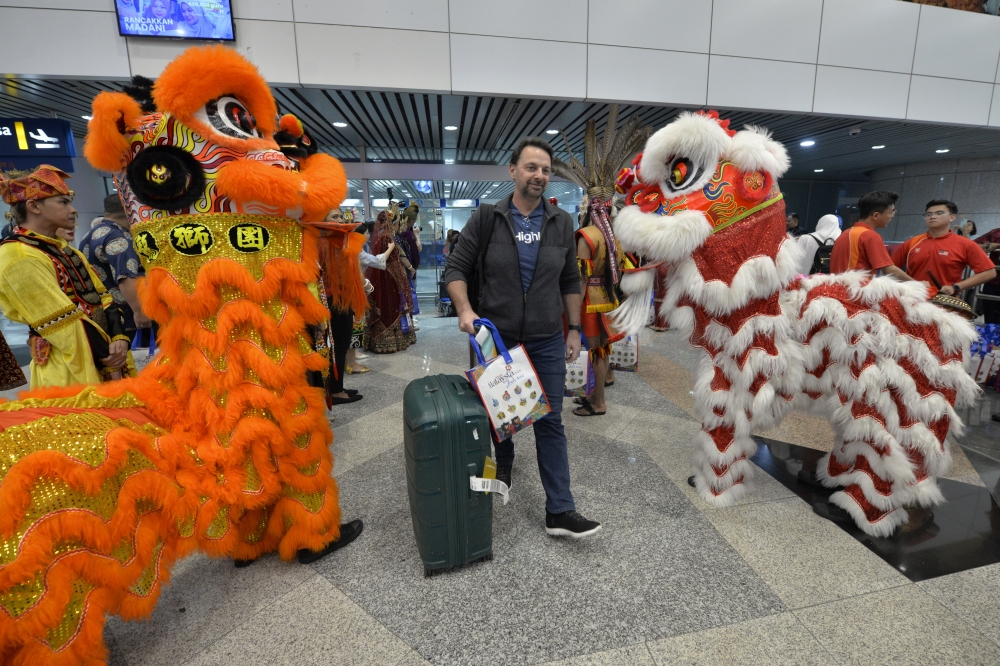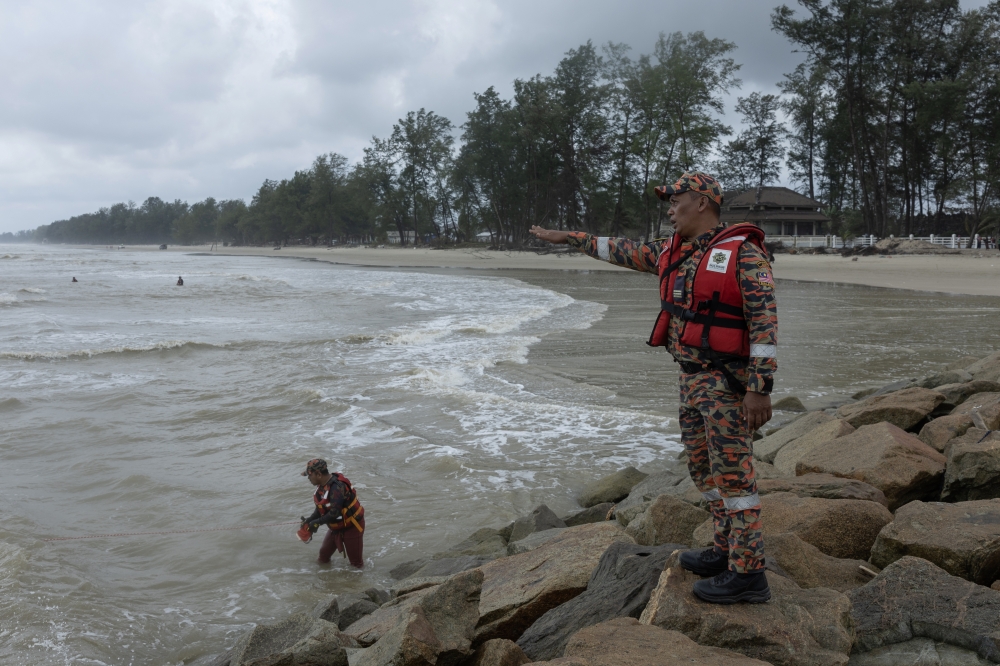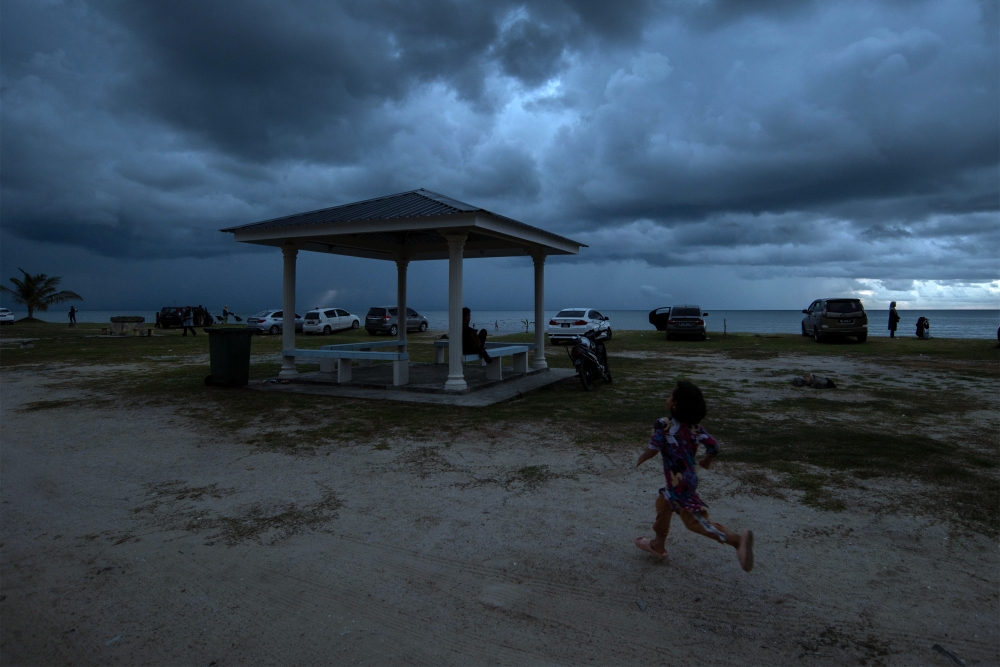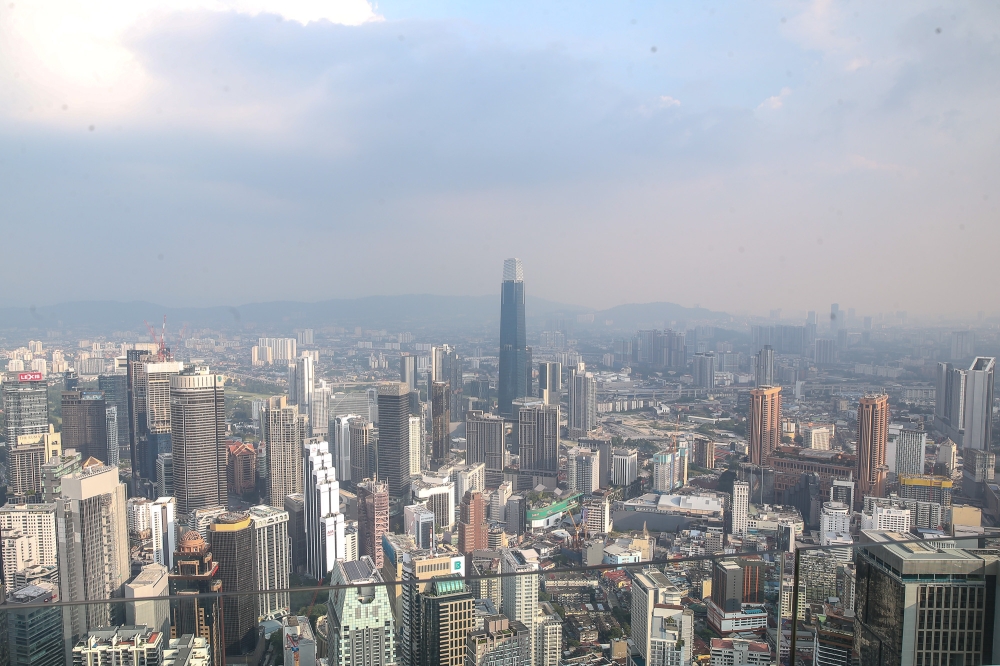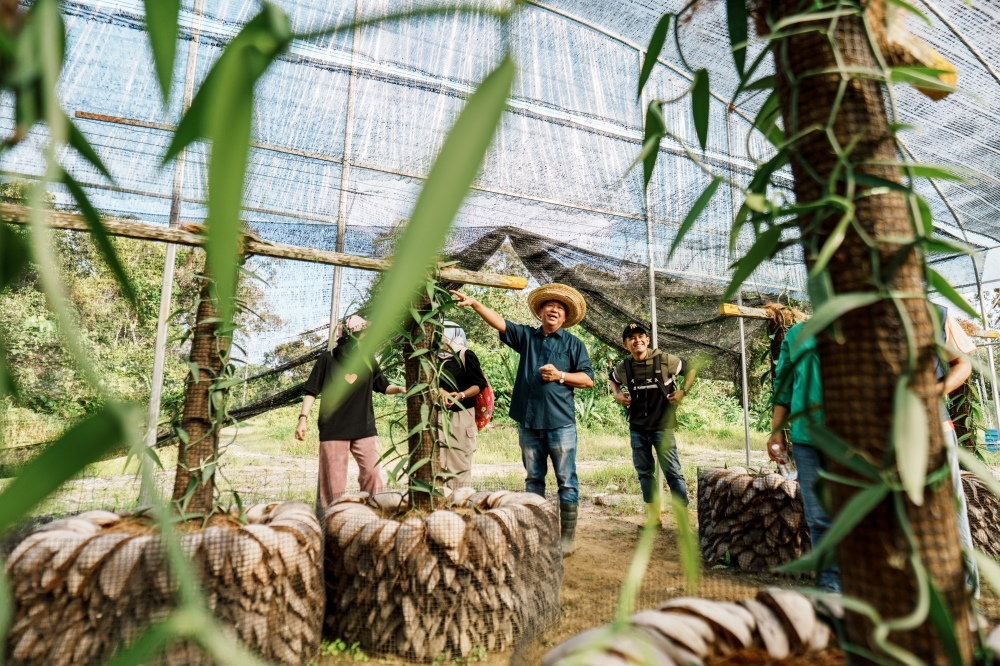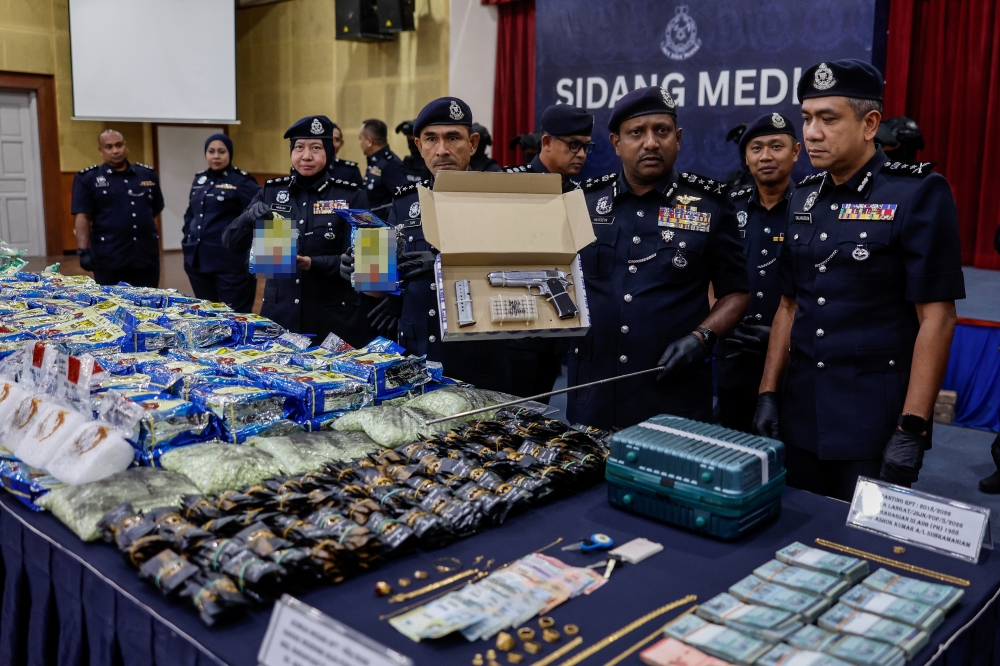KUALA LUMPUR, June 22 — Alfred Phua never planned to be a farmer.
A social worker by heart and profession, he had spent decades working with marginalised communities across Malaysia, from the urban poor to the rural indigenous.
Today, he is the co-founder of Vanilla Impact Story Sdn Bhd (VIS), a social enterprise planting hope — quite literally — through vanilla.
“Venturing into vanilla cultivation started a journey I never planned. I call myself an accidental farmer — because I’m not a farmer.
“I was a social worker for 35 years, working with the poor and marginalised communities. But over time, this grew into something more,” Phua said during an interview with Malay Mail.
He eventually left the non-governmental organisation (NGO), but even after his departure from the NGO, single mothers and persons with disabilities went to him for jobs.
“So I took up a course on mushroom cultivation so that I could teach this group of people how to grow oyster mushrooms.
“Because it was very hard to dispose mushroom waste, it was through that I discovered how to make vermicompost — a type of compost made from mushroom waste.
“Then a friend told me that the orchids thrive on vermicompost and the vanilla plant is a type of orchid. That’s how it all started,” Phua said.
Phua had spent 20 years in Penang, and before returning to his homeland in Sarawak, he took on one final project — helping local youths set up a vanilla farm.
In 2018, he planted his first vanilla vines as a hobby and it was only in 2022 that Phua started seriously cultivating the tahitensis variety, known for its rich aroma and premium quality.
Two years later, in 2024, with initial support from Yayasan Hasanah, VIS received 1,500 vanilla cuttings and is now preparing its first full harvest of gourmet-grade vanilla beans.
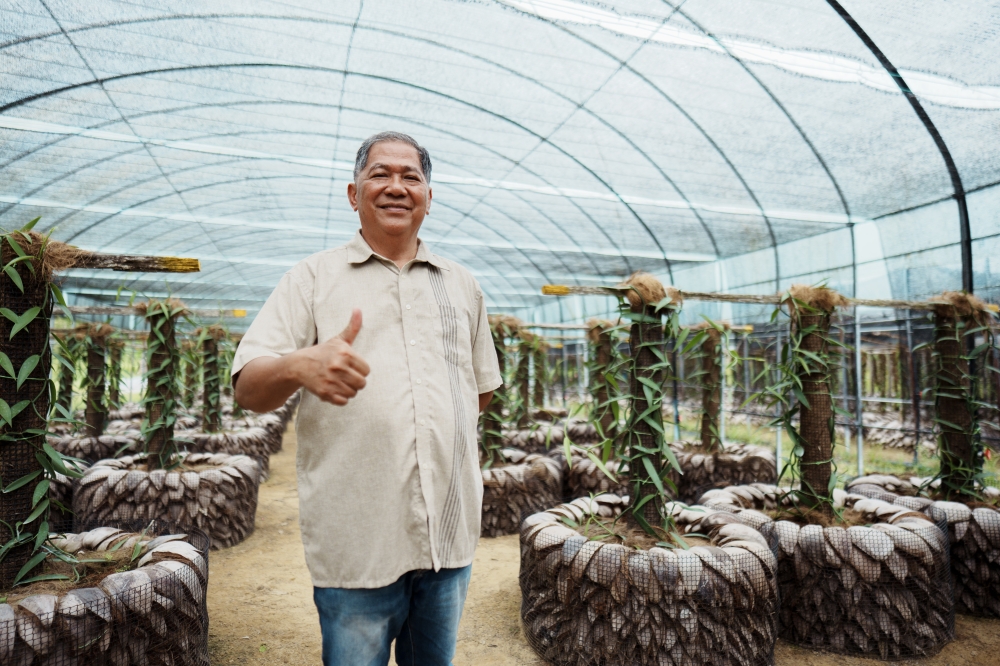
Stumbling on the vanilla plant
Malaysia, according to Phua, has suitable climate and is a huge untapped potential in this field.
Describing the vanilla plant, he said it is a hardy plant, a climbing orchid and it does not need soil.
It absorbs nutrients through its air roots so it can even be grown on cement.
“Our climate is like Madagascar, Mexico, and the Pacific Islands, maybe even better because we don’t have typhoons or earthquakes.
“We started in Permatang Pauh, Penang, as I knew some of the youths since they were kids and many came from dysfunctional families.
“I asked them to come to Sarawak, but they felt it was too foreign. Instead, they applied for state land and got it. So I went to Penang to help them set up the farm,” Phua said.
Vanilla halfway farms
VIS now has five full-time workers, many of whom come from difficult backgrounds, including former drug offenders and at-risk youth.
Phua however is not only focused on just farming, thus he created “halfway farms” that covers both his social work and vanilla cultivation.
“My goal is not just to do farming. Because I’m a social worker, I want to use this as a way to help neglected youths who come from poor and marginalised communities.
“One of the groups that I worked with were drug users and my wish is to train them to become agripreneurs, not only the current interns that I have but the native people in Sarawak too.
“They are actually better farmers but they may lack the skill of entrepreneurship, so my dream is to start a school of experiential — hands on entrepreneurship school for the young people — how to lure them back to the farm, because to many of them, farming is hard, but now with modern farming it’s different,” he said.
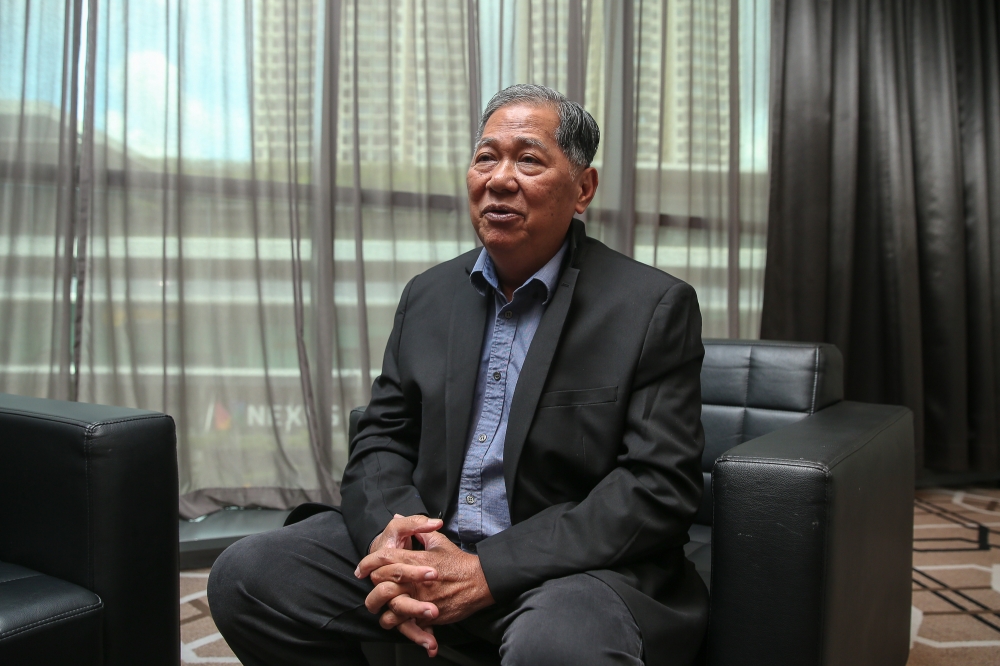
Phua’s halfway farm initially started with cash crops such as organic vegetables, but planting vegetable was hard work, he said.
“I’m not good with vegetables, and because the owner of the farm is very generous — he bought 20 units of green house — and learned about vanilla.
“So after we did a pilot project in 2022, it was doing well and then he decided he wanted to become my business partner.
“That’s how Yayasan Hasanah came in and chipped in the seed money, with that small fund we got workers like the troubled youths to work with us,” he said.
Moving forward with vanilla
After Phua took a business approach with vanilla cultivation, he has since been processing the tahitensis vanilla variant into Grade A gourmet beans.
“Not many people in Malaysia know how to use these beans, so we also make extracts, coffee and even perfume.
“Malaysia has a huge F&B (food and beverages) manufacturing industry that consumes vanilla, but they mostly import from Indonesia, but Indonesia doesn’t grow tahitensis.
“Five years ago, we sent samples to Japan. One of the biggest importers of spices was interested in our vanilla beans and wanted to test 20kgs,” he said.
He however said while the potential for vanilla in Malaysia is huge, it is a long journey before the locally cultivated beans can be categorised as export simply because it is not a plant that is native to Malaysia.
“We are working on this. Vanilla was brought into Malaysia in the 1980s. But back then no one knew how to grow vanilla and no one knew how to cure the beans.
“It only picked up again in the last five years — when there are hobbyists like me.
“Can Malaysians buy from us now? Yes. Though our farm just started three years ago, our tahitensis vines flowered in record time — 20 months instead of 36.
“We’ll harvest our first batch of beans soon. Export will take years due to compliance issues, so for now, we’re selling locally,” Phua added.
One day, Phua hopes to see his dream come true — selling his vanilla beans under the Simply Borneo brand, with the tagline: simple, fresh and wholesome



